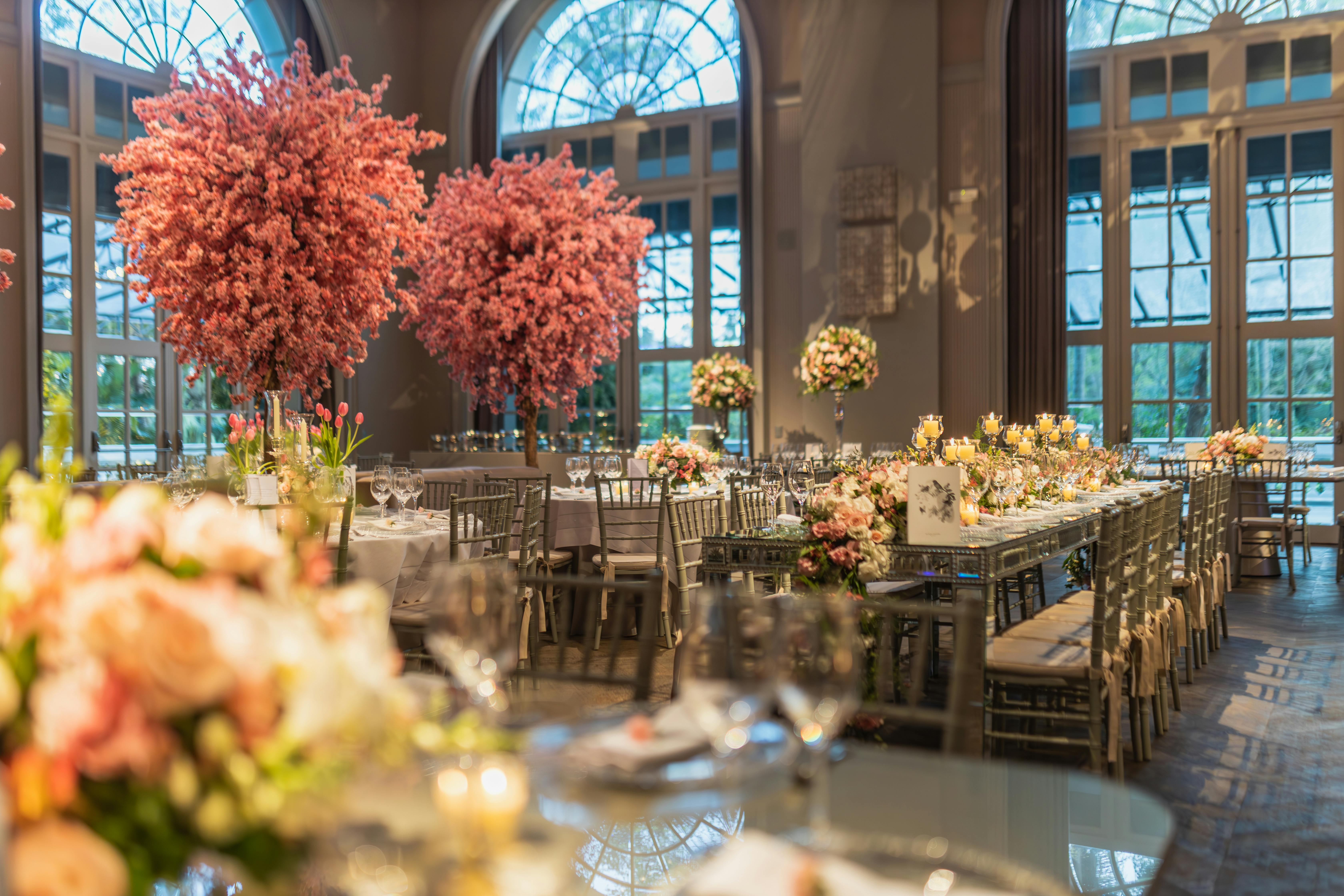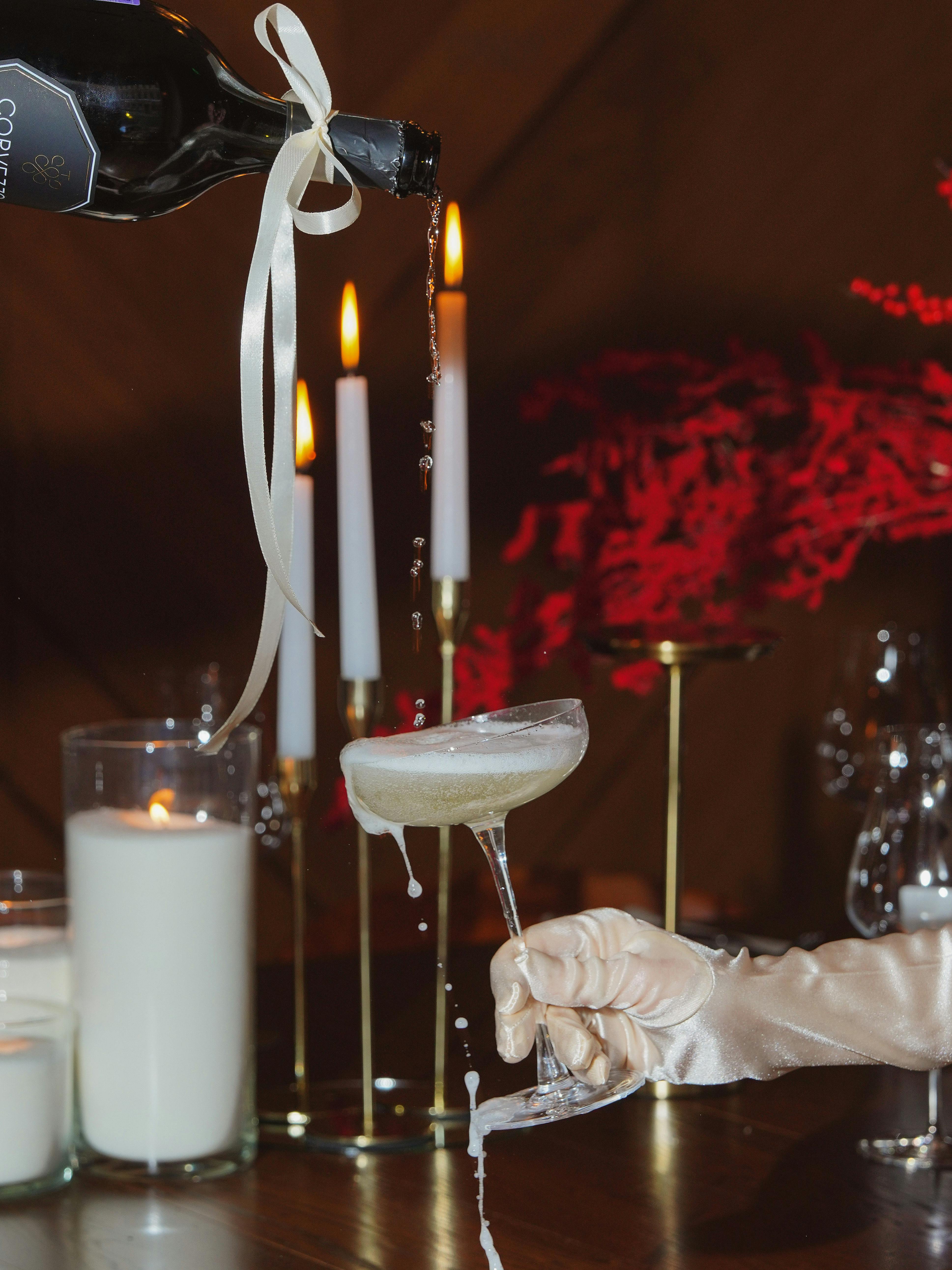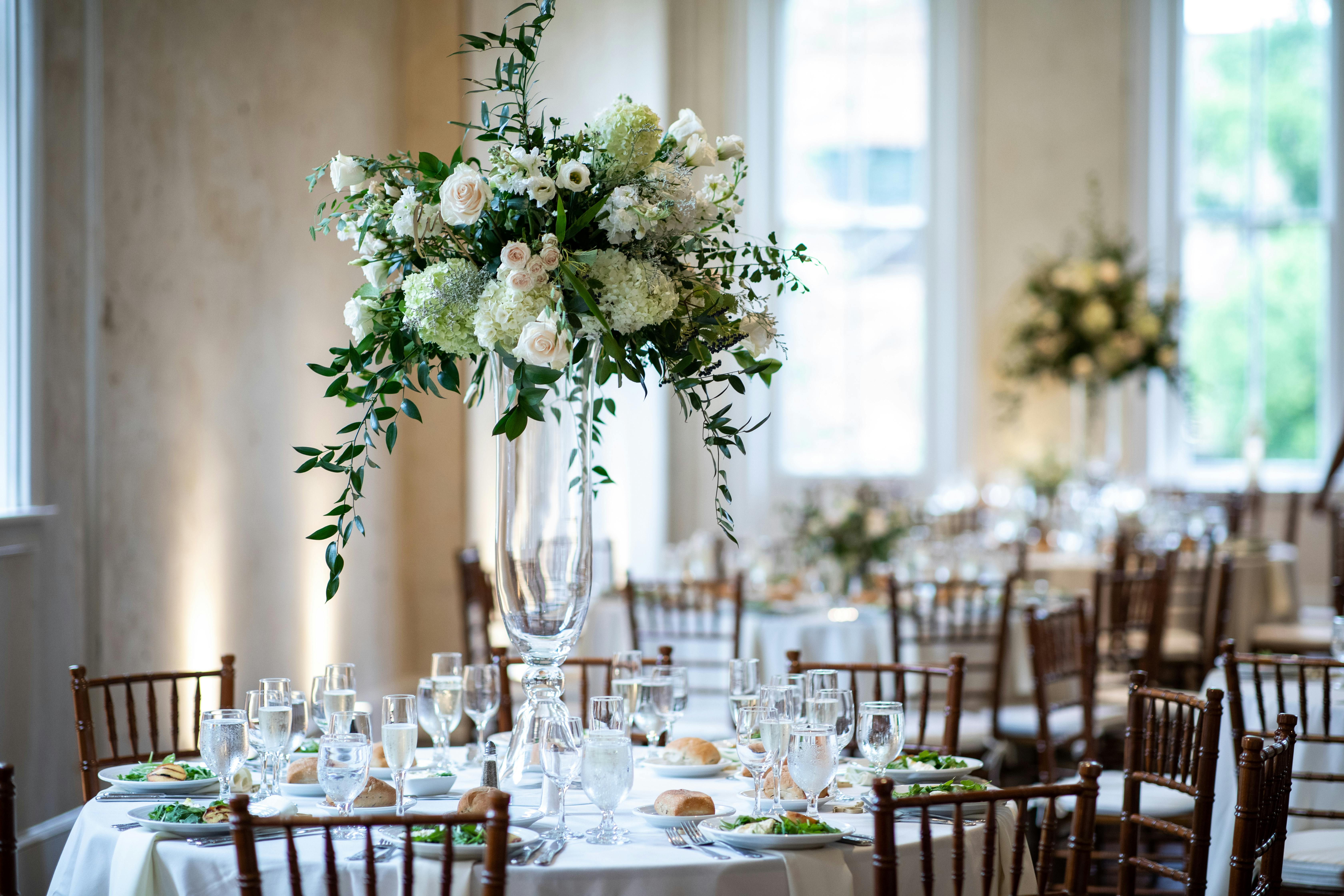Host Your Wedding Reception at a Restaurant: Tips for a Memorable Celebration

If you and your spouse-to-be are foodies who want a venue that has personality, then you might consider your favorite neighborhood eatery as the best place to host your wedding. Having your big day in a place recognized for its wonderful cuisine and warm atmosphere will ensure your guests leave happy and well-fed. But before you head down the path of restaurant reservations, there are some important details to consider that will help ensure your reception runs smoothly.
Here’s what you need to know to have a restaurant wedding reception.
Talk Budget Early
And though restaurant receptions can be less expensive than traditional reception venues, don’t necessarily assume it’s a bargain. The price is based on how much of the space you’ll rent. Restaurants generally turn tables several times on an evening so you’ll make up the revenue they would have lost anyway — especially for a full buyout.
If you’re planning a smaller celebration, you could opt for a partial buyout. Many have private rooms or distinct dining rooms where your larger group can toast in peace, with the regular service still in full swing elsewhere.
And don’t forget the day and time. A Saturday night buyout of a buzzy downtown bistro is going to be significantly pricier than a weekday brunch at some hidden gem of a place. Inquire about food and beverage minimums, deposits and any other specific needs ahead of time."
Design a Menu to Remember
The food is the star of the show — so go with it! If you choose a restaurant, your wedding food will stand out much more than the typical banquet hall chicken.
Use the restaurant’s signature dishes as inspiration. If you and your partner adore sushi and had your first date at a special spot, consider serving signature rolls as appetizers during the reception. If you are pasta fanatics, a family-style Italian spread fosters conversation, connection at the table.
Work with the chef to develop a menu that's inspired by you and your story.
Don’t Forget About Dessert
If the restaurant employs its own pastry chef, outside cakes might not be permitted — or might carry a slicing fee. Talk about dessert early on. You might opt to have their kitchen team whip up a tiny, personal cake, or you may choose to forgo tradition and serve their irresistible chocolate soufflé or citrus panna cotta.
Clarify the Drink Situation
Drinks can be one of the most uncertain elements. If you’re doing full buyout, an open bar is generally simpler to set up. Your choices might be more limited with partly rentals.
Be sure and have a conversation about whether drinks will be hosted, limited or cash bar. Some brides and grooms decide on a wine-and-beer-only arrangement, or serve only a signature cocktail and house bubbly.

Whatever the game plan, make sure you and the venue coordinator are on the same page ahead of time to avoid any unpleasant surprises.
Take Guest Count and Space into Account
Before you sign a contract, clarify the seating capacity of the venue. Restaurants are designed for steady business, not sudden mass meals — so kitchen capacity matters as much as floor space.
If dancing is required, bear in mind that you’ll have to make enough space to move the tables or provide an open space. And 10x10 foot dance floor fits approximately 50 guests; a 12x12 for 100; and a 15x15 for 150. Make sure the space can support these set-ups, or if you will need to make sacrifices.
Don’t forget sound! Restaurants usually are not meant for booming music.
Décor: Low Key & In Style
Restaurants have one big thing going for them as venues for cooking classes: built-in décor. From its back-to-the-future look to its modern minimalism, the aesthetic is already built in. Of course, you can venture at will.
Ask the team at your site if it’s possible for you to bring in custom centerpieces, table runners or other micropieces. A restaurant with ivy-covered walls, or one with a stone fireplace? Allow those features to glisten by scheduling your toast by the fireplace or hosting cocktail hour on the terrace.
Know Who’s in Charge
Restaurants don’t always have someone designated as an event planner. Ensure you know that day who your point person is going to be, whether it’s the general manager, head server or event coordinator. That way, if you need to add a last-minute course (to accommodate a guest’s allergies, say) or order more wine, you know whom to ask.
Parking and Restrooms Considerations
This may seem minor, but parking is worth checking. If you’re in an urban hub, guests might take a ride-share or find the nearest subway stop or bus depot — but again, see if there are handy parking garages or if a little valet magic can be worked.
You should also inquire about the number of bathrooms on the set. You’ll want one stall for every 25–50 guests at a minimum.
Final Thoughts
A restaurant wedding reception leaves couples free to throw a cozy, intimate ceremony that revolves around wonderful food and wonderful people. With mindful planning, good communication, and a touch of creativity, you’ll be gifting your guests an experience that feels as personalized as it is tasty.



